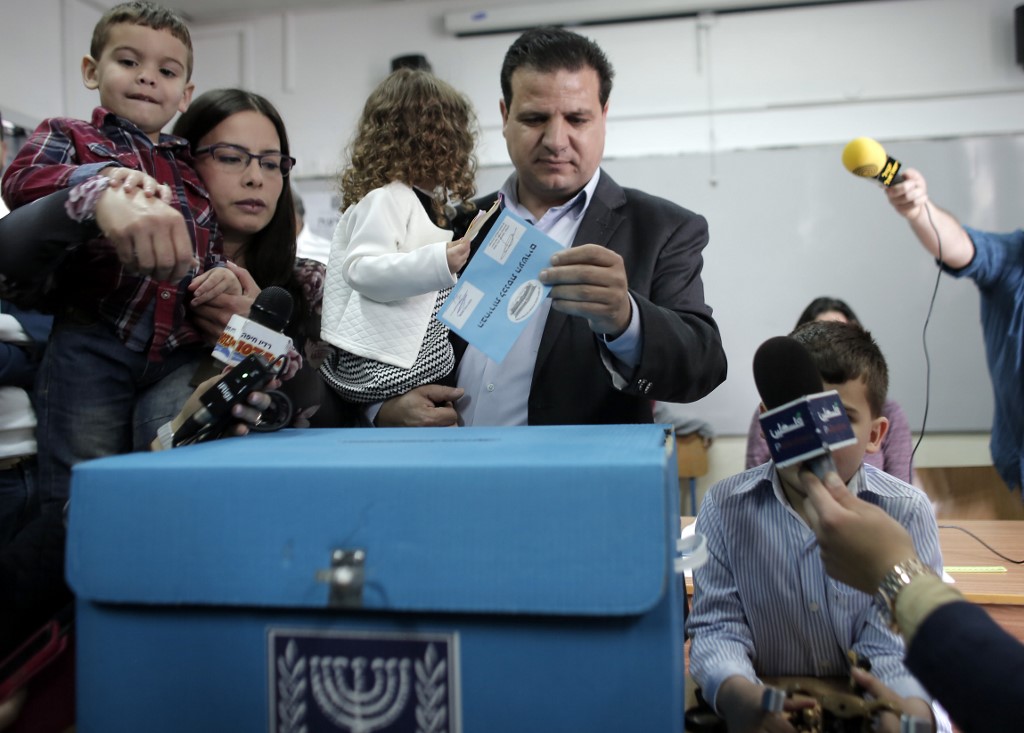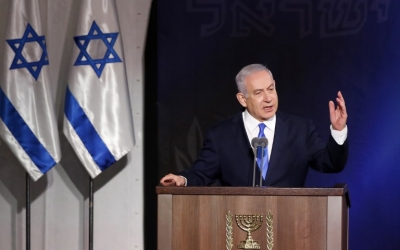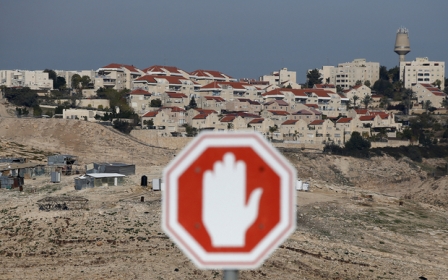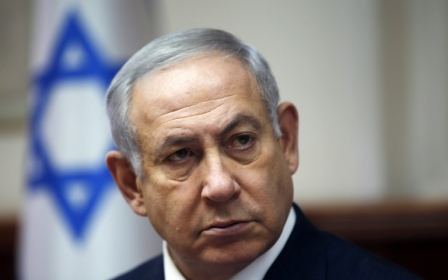Israeli elections: How Palestinians can find unity in wake of Joint List collapse
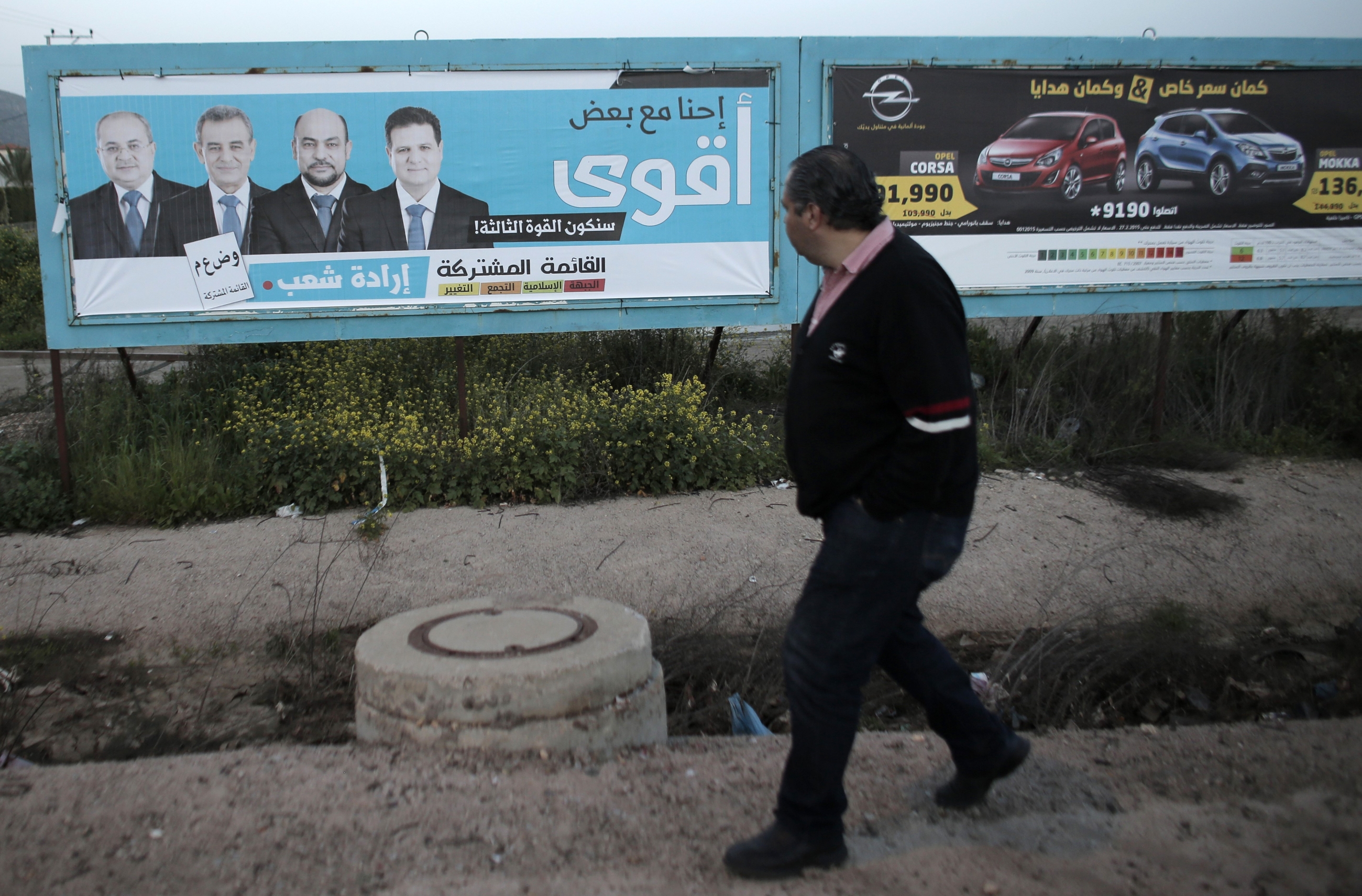
After the upcoming national elections, the 1.5 million-strong national minority in Israel, sidelined for many years, will be exposed to a new and far grimmer political reality.
The failure of their political parties to preserve the Arab Joint List, one of the most important achievements in a seven-decade struggle against policies of discrimination and colonisation, has made Palestinians more vulnerable to Israel’s policies of hatred and containment. If preserved, the Joint List could have empowered the Palestinian minority in its struggle for civil and collective rights.
Relentless attacks
Distressed by these discouraging developments, commentators and activists have started wondering about where Palestinian politics are headed, and how Palestinians will cope with the mounting, relentless attacks from both the state and the settler society.
Compounding matters is the growing movement among Palestinians to boycott Knesset elections. At the same time, Prime Minister Benjamin Netanyahu’s government has ferociously continued its campaign of incitement against Palestinian parties, accusing them of working to destroy the state of Israel.
New MEE newsletter: Jerusalem Dispatch
Sign up to get the latest insights and analysis on Israel-Palestine, alongside Turkey Unpacked and other MEE newsletters
By forgoing the Joint List and running for elections in two separate lists, Palestinian leaders have made a potentially suicidal mistake
Ironically, the impetus for this attack is the Palestinian call, promoted by Balad, for Israel to be a “state of all its citizens”, as opposed to Netanyahu’s vision of an exclusively Jewish state.
In the most recent attempt to disqualify Balad from the upcoming elections, the party was saved only by virtue of its alliance with another Palestinian party viewed as somewhat moderate, according to a governmental legal adviser.
Sowing division
Israel’s ruling right-wing coalition, supported by the media, has worked tirelessly to sow division among Palestinians and their parties - a policy Israel has pursued since its creation, but with renewed vigour since the Second Intifada in 2000, when Palestinians in Israel participated in massive marches in solidarity with their brothers in the West Bank and Gaza. Israel responded with deadly force.
By forgoing the Joint List and running for elections in two separate lists, Palestinian leaders have made a potentially suicidal mistake. What is particularly sad about this failure is that it appears to have been caused by a disagreement over seats, rather than strategy and tactics.
Blame for the disintegration of the Joint List is widely believed to fall on the shoulders of the populist Knesset member, Ahmad Tibi, who told the media that he preferred to run solo. But - perhaps smelling the widening resentment over his egotistical behaviour, and for fear of not passing the electoral threshold - he joined up with another party at the last minute.
Polls suggest that the turnout among Palestinian citizens will be much lower than in previous elections. This means that the Palestinian presence in the Knesset will likely be reduced from its current 13 seats to perhaps 9 or 10. There are even fears that one of the two alliances will not pass the electoral threshold, sending us towards a bleak era, where political parties entirely lose what remains of the public trust.
Many observers have suggested that Palestinian parties should have boycotted the political process soon after the passing of the nation-state law last year. I think they should have embarked on this step even before that, focusing more on grassroots organising and the wider struggle.
System of oppression
There have always been voices advocating a boycott, as marginalisation, exclusion and restrictions on political expression have gained steam. These voices have argued that political parties should not put their faith in the Zionist apartheid regime and thus risk losing their constituencies’ trust.
But low voter turnout in the upcoming elections would reduce the number of Palestinian seats and relieve the Israeli government of its responsibility for the consequences. That would be convenient, with the regime then able to place the responsibility on the shoulders of Palestinian leaders who failed to run in a united front.
Palestinians inside Israel have no option but to connect with the rest of the Palestinian national and democratic struggle. We all languish under a single, multi-faceted system of oppression, and we should rely on the emerging vanguard of youth forces, who are developing new visions and new modes of action.
Palestinians who are Israeli citizens have the potential to play a unique role in the struggle for decolonisation, justice and equality for all of Israel/Palestine.
The views expressed in this article belong to the author and do not necessarily reflect the editorial policy of Middle East Eye.
Middle East Eye delivers independent and unrivalled coverage and analysis of the Middle East, North Africa and beyond. To learn more about republishing this content and the associated fees, please fill out this form. More about MEE can be found here.



